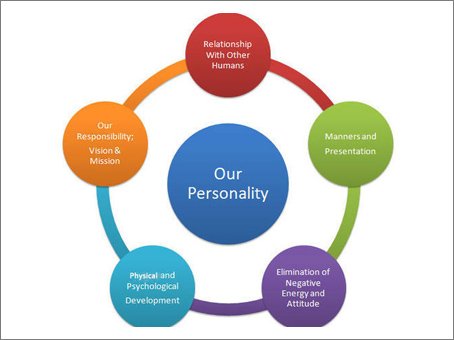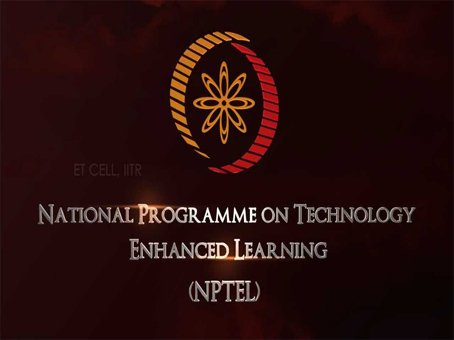
- Email info@koustuvgroup.ac.in
- Contact No : 0674 - 2740133 / 2740386 / 2744407

Though theoretical inputs are essential to any educational programme, our stress is on the overall development of the individual. Now a days, technological changes and innovations are fast transforming the very basis of the concept of technical education. Today, what one needs is the skill to manage technical and managerial resources efficiently. In order to make the learning process highly integrated, the syllabus is reviewed and analysed periodically to be in sync with the latest issues.
Case Study: The Simulation Method
Our Institutes bring complex realities of today’s technology into the classroom through the powerful medium of case studies, both real and simulated. It is an interactive process which stimulates the expertise and hidden potential of budding technocrats making them more confident to deal with practical problems of the corporate world. The Institute has undertaken the task of developing comprehensive case studies in fundamental and functional management and technical areas.

Teaching Aids
Lecture sessions are conducted with the help of modern teaching aids. KBS is well equipped with LCD projectors, latest educational audio video cassettes, CD, TV and other gadgets that are essential for any first rate professional technical institute. Guest Lectures In addition to our full time faculty eminent personalities from various educational institutes and organisations are invited to address the students from time to time. These guest speakers are enriched with knowledge gained from years of experience, both in industry and academic and are up-to-date with the latest trends in modern technology.

Seminars
Keeping pace with the fast changing economic and industrial scenario across the globe is the key factor of success for any management post graduate in the making Hence, participation in seminars and workshops is a step forward in the right direction as it not only updates knowledge but also expands the horizon of vision. Keeping this in view adequate emphasis is laid upon holding as many seminars and workshops as possible.

Academia-Industry Interface
Knowledge from books remains dormant until it is put to use and its efficiency tested and tried. Project work is another activity for the fulfilment of our objective of integrated learning. Project works provide the key to successful development of technical skills and form an integral part of internship in the course curriculum of select semesters. Students are guided to consult and choose meaningful projects at various industrial houses. Complete guidance and support is provided by experts related to the industry and experienced faculty members of the institute.

Personality Development
Any amount of knowledge and skill is of little use unless the total personality is groomed. Young scholars are trained to become allrounders by giving them necessary exposure to the art and science of yoga, management, public speaking, corporate communication, etc. These courses are further supplemented with creative hobby classes in areas like audio visual presentations, music, dramatics, gym, cultural programmes, paper presentations and interactive sessions.

Evaluation System
The institute has a comprehensive and continuous evaluation system. Students are evaluated on the basis of class room participation, seminars, assignments, oral and written presentations and mid-term & final examinations.

Active Local Chapter of NPTEL, SWAYAM, Minister of HRD & Govt of India.
LC ID : 3516
The National Programme on Technology Enhanced Learning (NPTEL) was initiated by seven Indian Institutes of Technology (Bombay, Delhi, Kanpur, Kharagpur, Madras, Guwahati and Roorkee) along with the Indian Institute of Science, Bangalore in 2003. NPTEL partners with around 2500+ colleges as on date in the form of NPTEL Local chapters and each college has a coordinator with who NPTEL works closely with.
It enables the student to directly engage and learn from the best faculty in the country in that particular subject. This strengthens the fundamentals of the student in the course. It gives the students the opportunities to explore new areas of interest – which are not possible in regular college environment. Also gives students the opportunity to learn in greater depth the subjects they wish to master. These courses are also serving as faculty development programmes (15-20% of enrollments are by faculty in different colleges).
